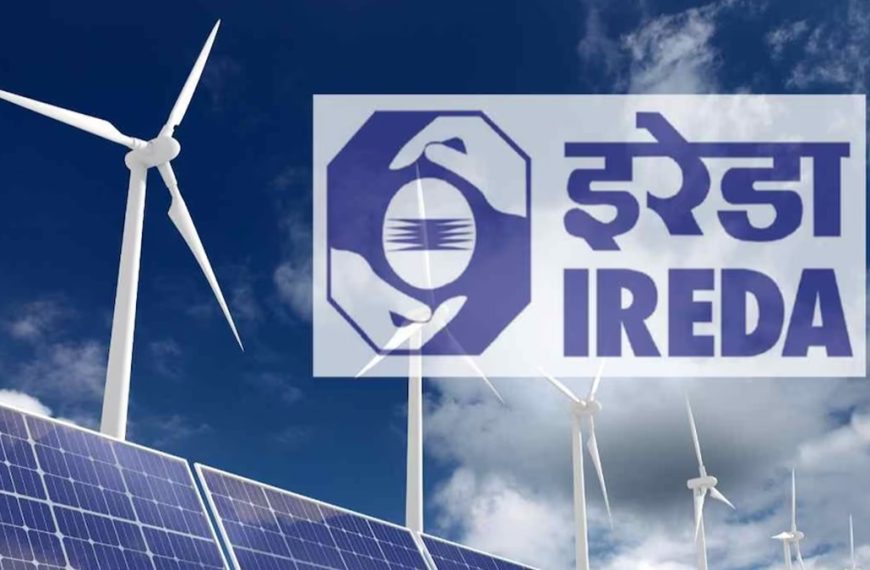China has responded to the United States’ recent decision to exempt certain consumer electronics from tariffs, calling it a minor step towards correcting what it views as unjust trade practices. The U.S. government, under President Donald Trump, announced that devices like smartphones and computers would not face the increased import duties that have been a point of contention between the two nations. This exemption, however, is just the beginning, according to officials in Beijing.
U.S. Tariff Changes: A Step Forward?
In a statement shared on WeChat, China’s Ministry of Commerce expressed that the exemption is a "small step" in the right direction but urged Washington to do much more. They called for the complete abolition of the tariffs, advocating for a return to negotiations that respect mutual interests and equality. The statement emphasized the need for dialogue rather than unilateral actions.
- The exemption covers approximately $390 billion in U.S. imports.
- More than $101 billion of that total comes from China.
- The tariffs affected include a significant 125% on certain goods from China and a 10% baseline on imports from other countries.
Trump’s Remarks on Potential Developments
During a recent flight aboard Air Force One, President Trump hinted at more specific announcements regarding the exemptions, stating, "I’ll give you that answer on Monday. We’ll be very specific on Monday." His administration indicated that the U.S. is benefiting financially from these tariff policies, suggesting a complex economic landscape.
Implications for Small-Parcel Shipping
The White House also noted that these exemptions will impact small-parcel shipping duties, particularly affecting the so-called "de minimis" exemption. This rule generally allows parcels valued at $800 or less to enter the U.S. duty-free, a change that could influence many businesses relying on cross-border shipments.
Future of Tariffs on Electronics
While the current exemptions provide some relief, analysts warn that they could be temporary. The exclusions come from an initial order intended to prevent excessive tariffs from stacking on top of one another. As such, there may be adjustments to these tariffs in the future, albeit likely at a lower rate.
Notably excluded from the new tariffs are machines critical for semiconductor production, a significant development for companies like Taiwan Semiconductor Manufacturing Co. This firm has recently announced substantial investments in the U.S., highlighting the ongoing importance of the tech sector in these trade discussions.
Remaining Tariffs on China
It’s crucial to note that the recent tariff reprieve does not eliminate a separate 20% levy aimed at pressuring China to address fentanyl-related issues. Other existing tariffs that predate Trump’s administration also remain unchanged, indicating a complicated and evolving trade relationship between the two superpowers.
This ongoing dialogue underscores the intricate balance between economic interests and international relations, as both nations navigate the complexities of their trade policies.











